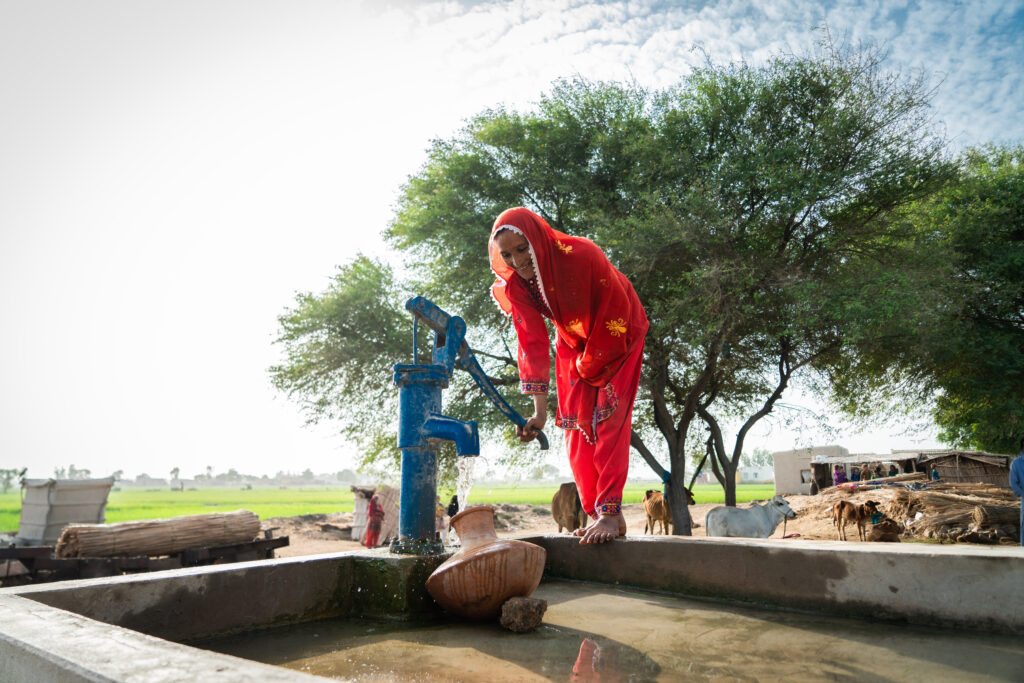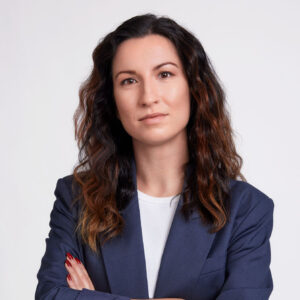Learnings from global programme taken to next level
During 2017-2022, H&M Foundation and its partner WaterAid reached over 400,000 people with water, sanitation and hygiene as part of our Global Programme for water. The SusWASH programme was a great success, also for WaterAid who’s captured its learnings in a global learning report (2022) and policy and practice brief (2022), which are being used in a number of ways in their work going forward.
The programme has been unique in its approach to go beyond taps and toilets, to create the conditions for local actors to be the drivers of long-lasting and inclusive water, sanitation and hygiene services. WaterAid has built partnerships with local governments and communities in Cambodia, Ethiopia, Pakistan and Uganda to push for systemic change and build capacity to practice what they learnt along the way.

“H&M Foundation provided us the space and flexibility to apply new ways of working and to learn more about what’s needed to advance progress towards sustainable, safe and universal water, sanitation and hygiene. In addition to reaching over 400,000 people with water, sanitation and hygiene, the external final evaluation found that we had helped to strengthen the systems required to keep services running, hygiene behaviours reinforced, and reach everyone with WASH in all four countries”, says Hannah Crichton-Smith, Senior Advisor for Systems Strengthening at WaterAid. “It also found that we had successfully captured and shared lessons to advance WaterAid’s and the wider sectors’ understanding of how to apply systems strengthening approaches in practice.”
“H&M Foundation provided us the space and flexibility to apply new ways of working and to learn more about what’s needed to advance progress towards sustainable, safe and universal water, sanitation and hygiene.”
Hannah Crichton-Smith
The final evaluation of the programme helped to consolidate lessons learned and produced a number of recommendations for how WaterAid can advance the application of systems strengthening approaches to achieve SDG 6, clean water and sanitation for all.
“The most significant example is how the reports have informed our new global strategy which was launched in February last year (2022) and which places systems strengthening as our core approach – emphasising the importance of evidence, analysis, collective action (partnerships and alliances), working at national and sub-national levels, learning, innovation and adaptation”, says Hanna.
WaterAid has adapted some of the tools piloted in the SusWASH programme to support country teams to design their new country-level strategies and programmes. They are also exploring new ways to monitor and evaluate their projects and contribution towards achieving SDG 6 and are working to embed the programmes’ lessons and recommendations into new staff inductions and training.
